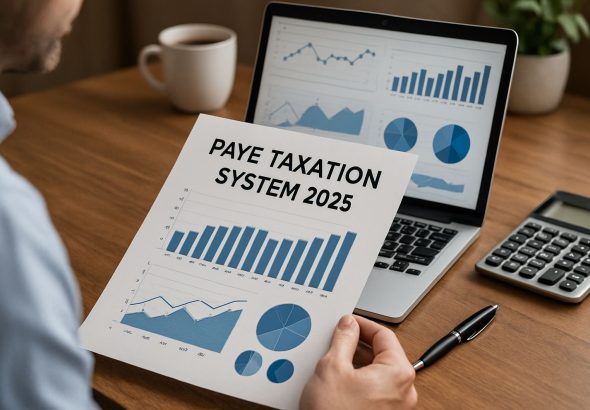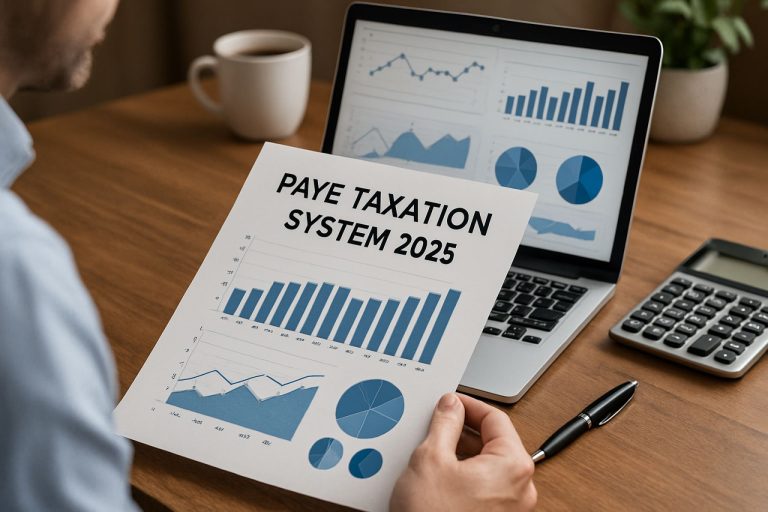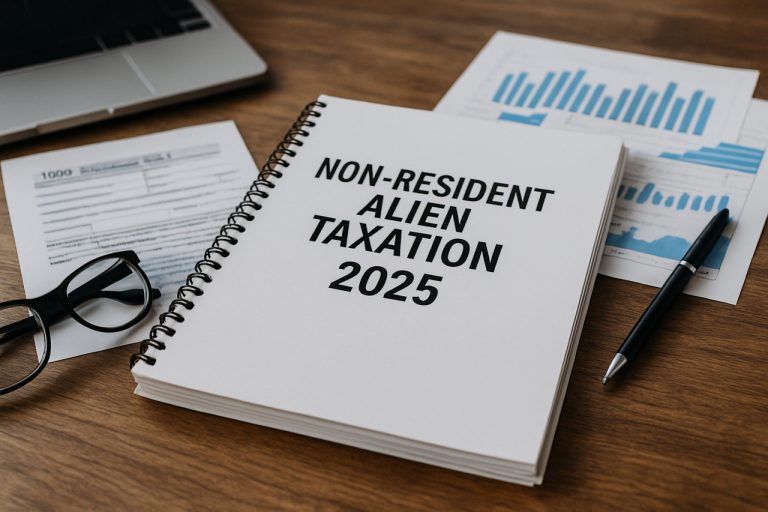Bank Secrecy Act Compliance in the United States: 2025 Market Report — Trends, Enforcement, and Technology Shaping...
Franked Dividends in Australia 2025: Comprehensive Market Analysis, Payout Trends, and Tax Implications for Investors Executive Summary:...
Pay-As-You-Earn (PAYE) Taxation System in 2025: Comprehensive Analysis of Trends, Compliance, and Market Impact Executive Summary: Key...
Movable Property Valuation in Belgium 2025: Comprehensive Market Analysis, Key Trends, and Data-Driven Insights for Investors and...
Luxembourg Joint-Stock Limited Partnership in 2025: Comprehensive Market Analysis, Regulatory Trends, and Strategic Opportunities for Investors Executive...
CNCB Bank Compliance Regulations in China 2025: A Comprehensive Analysis of Evolving Standards, Enforcement Trends, and Digital...
Tax Jurisdiction Analysis 2025: Navigating Evolving Compliance, Revenue Strategies, and Cross-Border Impacts. This report delivers actionable insights...
Czech Joint-Stock Company (Akciová společnost, a.s.) Market Report 2025: In-Depth Analysis of Growth Drivers, Legal Changes, and...
Non-Resident Alien Taxation in 2025: Navigating New Rules, Compliance Challenges, and Revenue Trends. This report delivers actionable...
Securities Quotation System Market Report 2025: Trends, Innovations, and Competitive Analysis. Explore How Real-Time Quotation Technologies Are...























